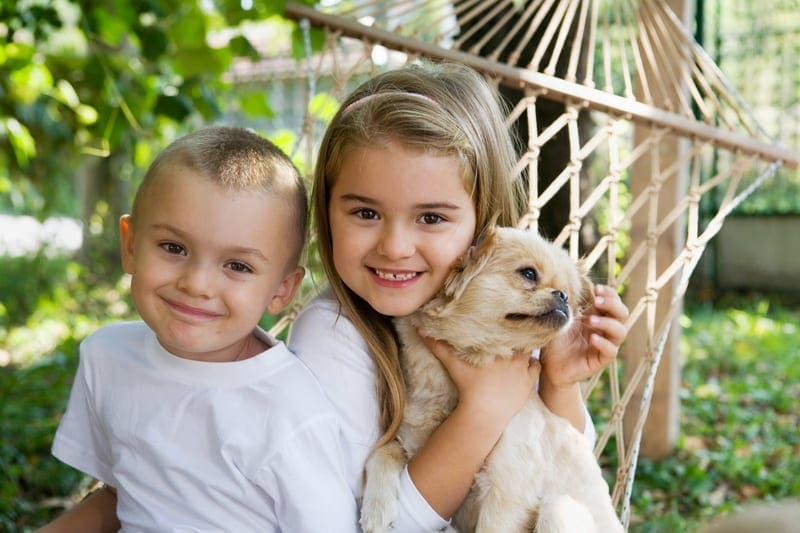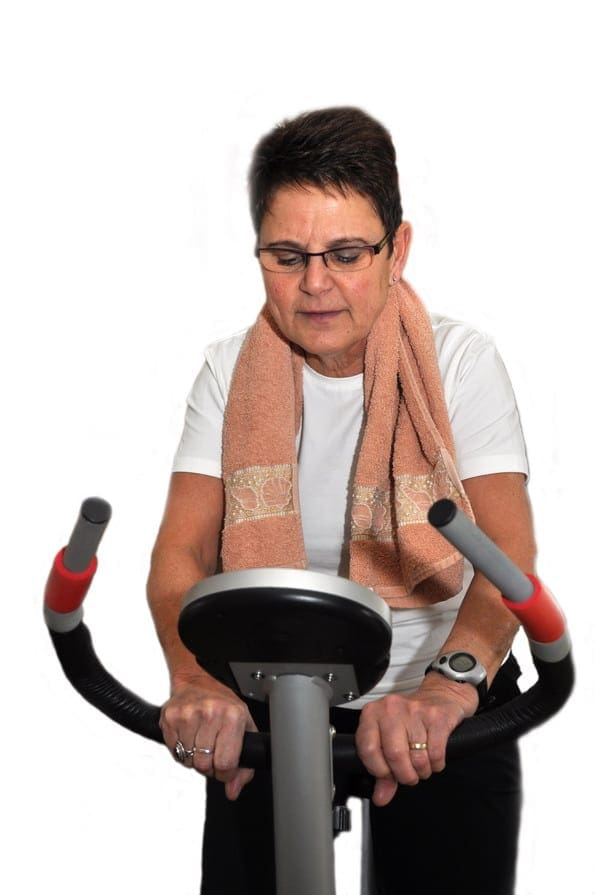Hormonal changes that take place during pregnancy are the leading cause of hair loss for women. Though a variety of other factors may influence the frequency and degree of healthy hair loss, this is one reason why many women lose their hair after giving birth. Sadly, roughly 90 percent of women will experience some type of decrease in overall volume as a side effect from giving birth. This rate only increases to around 95 percent if you take into account all postpartum cases – which include miscarriages and still births.
Many hair growth treatments will help you regrow that lost hair. You might want to try Provillus for Women. This product has been shown to be the most effective at recovery from postpartum hair loss. So you can spend more time enjoying your baby and less time stressing about your thinning locks!
Hair loss in women is a very common problem, and it’s especially so for new mothers! Women losing their hair during pregnancy isn’t uncommon at all. A majority of them usually experience mild to moderate degrees of hair fall-out (for reference, if you have between 100,000 and 150,000 strands of hair on your scalp, these may fall out) while others may notice an extreme loss that can be emotionally damaging as some might suffer from postpartum depression after birth or feel less confident about how they look or feel. However, not all new moms experience the same suffering postpartum at all – only those who lack certain nutrients or vitamins can hardly bounce back in this regard.
Vitamin supplements are a great way to treat mild-to-moderate hair loss, but for those with extreme hair loss, greater care is needed. Provillus for women can definitely help curb the effects of an overactive follicle and sebaceous gland activity. Using a product that boasts results in at least 90% of users is a great start because you’ll know it works! Many women are tempted to try out products that promise to restore their hair only to realize later on that they must give up breastfeeding or other drug treatments because of the chemicals in such products. As long as a product is chemical-free and safe for breastfeeding, it should be fine for your baby!











